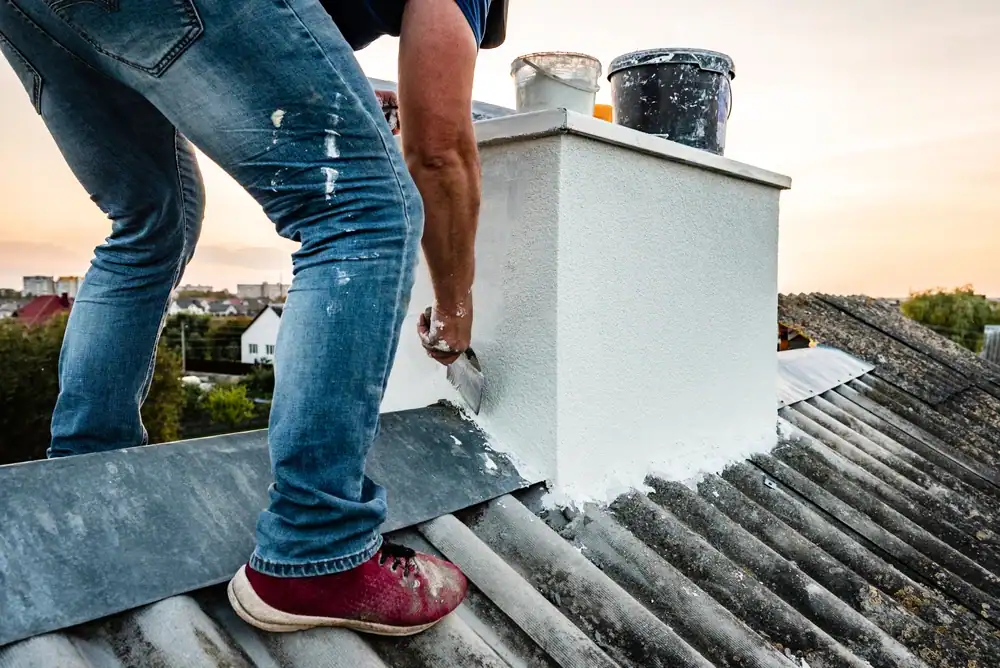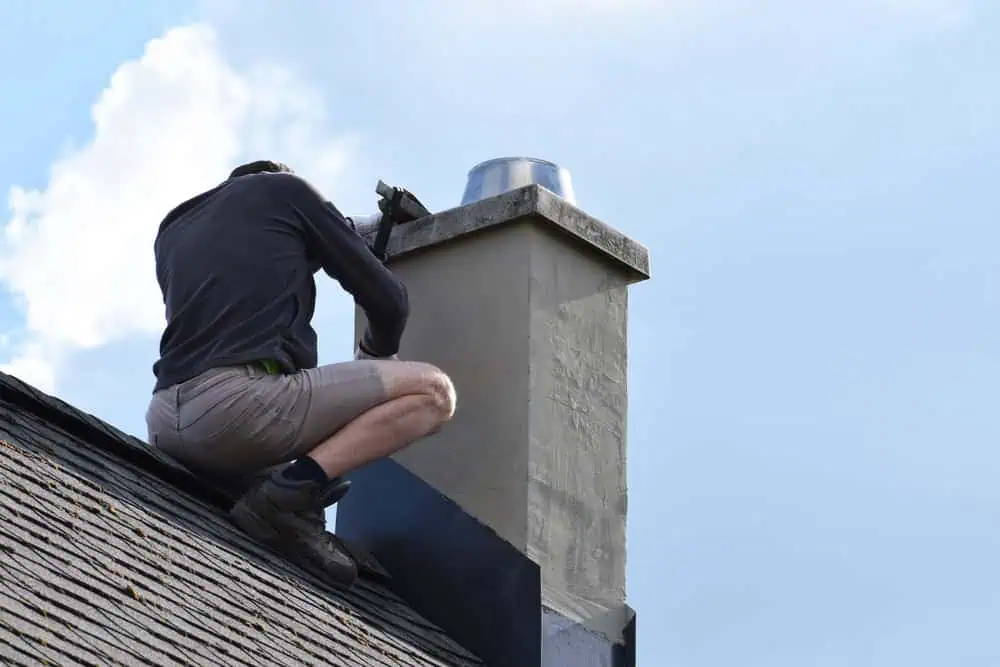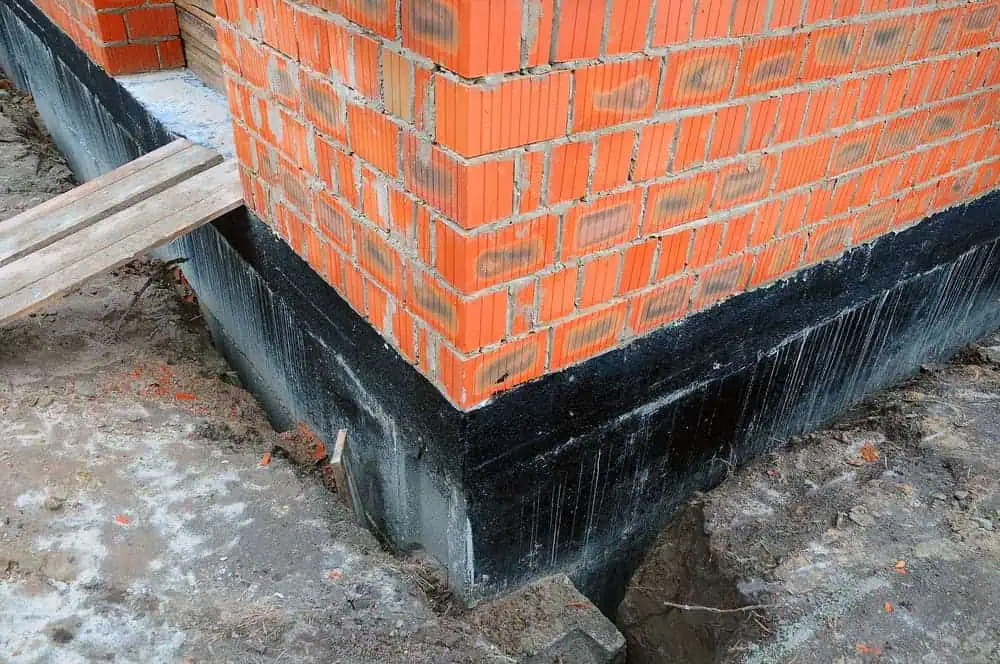Summary:
Common Chimney Problems Boston Homeowners Face
Boston’s weather creates specific challenges for chimney systems that many contractors don’t fully understand. The constant freeze-thaw cycles we experience here are particularly destructive to masonry.
Water penetrates the porous brick and mortar, then expands when it freezes, breaking apart the structure from the inside. This process repeats all winter long, causing serious damage in just one season if left unchecked.
Most older Boston homes also deal with original mortar that’s simply reached the end of its useful life and needs professional repointing to maintain structural integrity.
Why Boston's Freeze-Thaw Cycles Destroy Chimneys
The science behind winter chimney damage is straightforward, but the results can be devastating for your home. When water gets into small cracks in mortar or bricks, it seems harmless at first.
But when temperatures drop below freezing, that water expands with tremendous force. Ice takes up about 9% more space than liquid water, and that expansion creates pressure that cracks masonry apart from the inside.
Then when things warm up, the ice melts and flows deeper into the now-larger cracks. The next freeze cycle makes those cracks even bigger. This process continues all winter, turning minor issues into major structural problems.
The damage compounds quickly because each freeze-thaw cycle makes the next one worse. What starts as hairline cracks becomes loose bricks, failed mortar joints, and eventually structural instability that can affect your entire chimney system.
Boston gets hit particularly hard because our temperatures fluctuate around the freezing point throughout winter. Areas that stay consistently cold or warm don’t experience this constant expansion and contraction that tears masonry apart.
Signs Your Chimney Needs Professional Attention
The science behind winter chimney damage is straightforward, but the results can be devastating for your home. When water gets into small cracks in mortar or bricks, it seems harmless at first.
But when temperatures drop below freezing, that water expands with tremendous force. Ice takes up about 9% more space than liquid water, and that expansion creates pressure that cracks masonry apart from the inside.
Then when things warm up, the ice melts and flows deeper into the now-larger cracks. The next freeze cycle makes those cracks even bigger. This process continues all winter, turning minor issues into major structural problems.
The damage compounds quickly because each freeze-thaw cycle makes the next one worse. What starts as hairline cracks becomes loose bricks, failed mortar joints, and eventually structural instability that can affect your entire chimney system.
Boston gets hit particularly hard because our temperatures fluctuate around the freezing point throughout winter. Areas that stay consistently cold or warm don’t experience this constant expansion and contraction that tears masonry apart.
Professional Chimney Repair Solutions That Last
Effective chimney repair requires understanding both the visible damage and the underlying causes. Many contractors focus on patching obvious problems without addressing why they happened in the first place.
Professional repairs start with a comprehensive inspection of your entire chimney system. This means examining not just the exterior masonry, but also the interior components, flue liner, crown, cap, and flashing.
Once we understand the full scope of issues, we can create a repair plan that addresses both current damage and prevents future problems. This approach costs more upfront but saves money long-term by avoiding repeated repairs.
Repointing and Masonry Restoration
Repointing is one of the most common chimney repairs needed in Boston, especially for older homes with original mortar that’s reached the end of its lifespan. This process involves carefully removing deteriorated mortar and replacing it with new, properly matched material.
The key to successful repointing is using mortar that matches the strength and composition of the original. Many contractors use modern Portland cement mortar that’s too hard for older brick, which can actually cause more damage over time.
Proper repointing also requires removing the old mortar to the correct depth – typically about two and a half times the width of the joint. Shallow repointing looks fine initially but fails quickly because there isn’t enough surface area for the new mortar to bond properly.
The process is labor-intensive and requires skill to match mortar color and texture so the repair blends seamlessly with existing work. When done correctly, repointing can extend your chimney’s life by decades.
For more extensive damage, partial rebuilding may be necessary. This involves carefully dismantling damaged sections and rebuilding them with matching materials and traditional techniques that preserve your home’s historic character.
Crown Repair and Water Protection
Your chimney crown is the concrete cap that sits on top of your chimney, designed to shed water away from the flue opening and protect the masonry below. Crown damage is extremely common in Boston due to our freeze-thaw cycles.
Cracks in the crown allow water to penetrate directly into your chimney system, where it can cause extensive damage to the flue liner, damper, and interior masonry. Crown repairs range from sealing minor cracks to complete replacement for severely damaged crowns.
A properly constructed crown should have a slight slope to direct water away from the chimney, adequate overhang to protect the masonry below, and expansion joints to accommodate thermal movement. Many older crowns lack these features and need updating to current standards.
Waterproofing treatments can also help protect your masonry from water penetration. Professional-grade sealers are vapor-permeable, meaning they keep liquid water out while allowing water vapor to escape from inside the masonry.
This is crucial because non-permeable sealers can actually trap moisture inside your chimney, leading to more freeze-thaw damage. The wrong waterproofing product can make problems worse instead of better.
Proper flashing installation and maintenance is equally important. Flashing seals the joint between your chimney and roof, and failed flashing is a common source of water leaks that cause interior damage to your home.
Protecting Your Investment with Professional Chimney Care
Your chimney is more than just a functional component – it’s part of your home’s character and value. Professional repairs protect both your family’s safety and your significant real estate investment.
The cost of early intervention is always less than emergency repairs. Minor repointing work might cost $800-1500, while waiting until you need structural rebuilding can run $3000-8000 or more.
Most importantly, a properly maintained chimney keeps your family safe from chimney fires and carbon monoxide exposure. These aren’t risks worth taking, especially when professional care is readily available.
If you’re noticing any signs of chimney damage, don’t wait for the problem to get worse. Contact Academy Masonry for a comprehensive evaluation and honest assessment of what your chimney needs to keep protecting your home for years to come.




